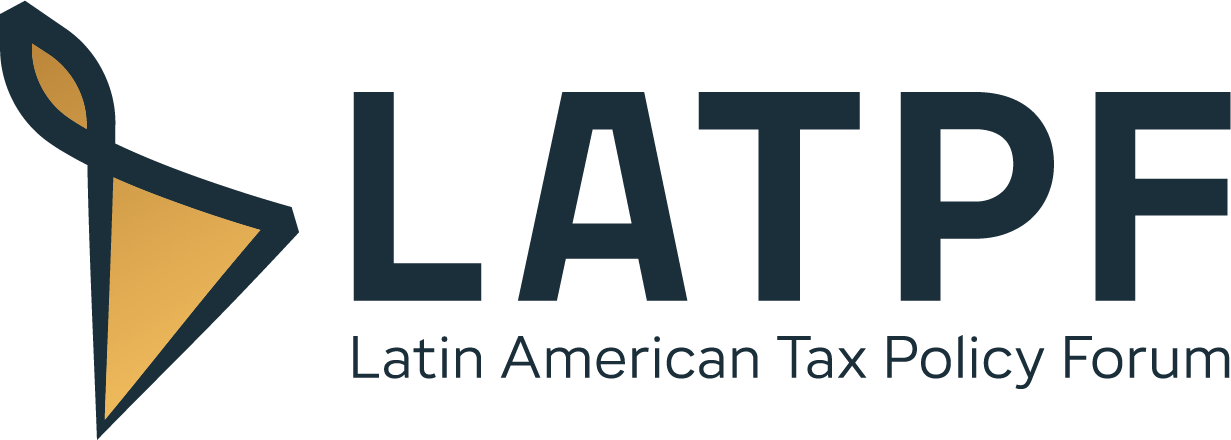🌎 The OECD – OCDE released today the 9th edition of their report titled “Tax Policy Reforms 2024: OECD and Selected Partner Economies”. This is an annual publication that provides comparative information on tax reforms across countries and tracks tax policy developments over time. The report covers the tax policy reforms introduced or announced in 2023 in 90 member jurisdictions of the OECD/G20 BEPS Inclusive Framework.
The LatAm jurisdictions covered in the report are, in addition to the four members of the OECD (Chile, Colombia, Costa Rica and Mexico), six other countries: Argentina, Brazil, the Dominican Republic, Panama, Peru and Uruguay. Here are some of the highlights of the publication referring specifically to LatAm:
➡️ Brazil is in the process of replacing its current indirect taxes with a dual VAT and selective taxes. This aligns with a regional trend, particularly in the digital economy, where countries like Chile have led reforms to adapt VAT rules.
➡️ Colombia increased the level of its withholding tax levied on all income, and in particular on income from oil and coal, to collect extra revenues. Chile also increased taxes on local companies via the creation of a “Mining Royalty” tax: it applies a 1% charge on annual sales from operations that produce over 50 000 metric tons of fine copper.
➡️ Though it is stated in the report that countries have generally stopped reducing their corporate tax rates (also following the enactment of Pillar 2 legislation worldwide), many have reduced their corporate tax bases to stimulate investment and growth. In Uruguay, for example, the exemption threshold for taxpayers in the agricultural sector was increased from UYU 11.9 million (EUR 280,000) to UYU 14.86 million (EUR 350,000). Mexico established various tax incentives for companies located in specific zones designated for development and well-being, including a 100% tax credit on their income tax for the first three years of operations, a 50% credit in the subsequent three years, and an immediate depreciation of new tangible assets during the first six years of operations. Mexico also legislated tax allowances for companies that establish themselves in or relocate to the Inter-Oceanic development region. Lastly, Peru introduced an enhanced deduction equal to 150% of basic remuneration for companies that hire new workers under 29 years old.
➡️ Unlike other surveyed countries, in 2023 Argentina is reported to have narrowed the taxable base of its Social Security Contributions (SSCs). The country extended certain exemptions related to employer SSCs in the health sector and introduced an additional allowance for low-income workers in the private sector.
The full report is available here (https://bit.ly/47LBPNo) and it is also shared as a PDF attached to this post.


